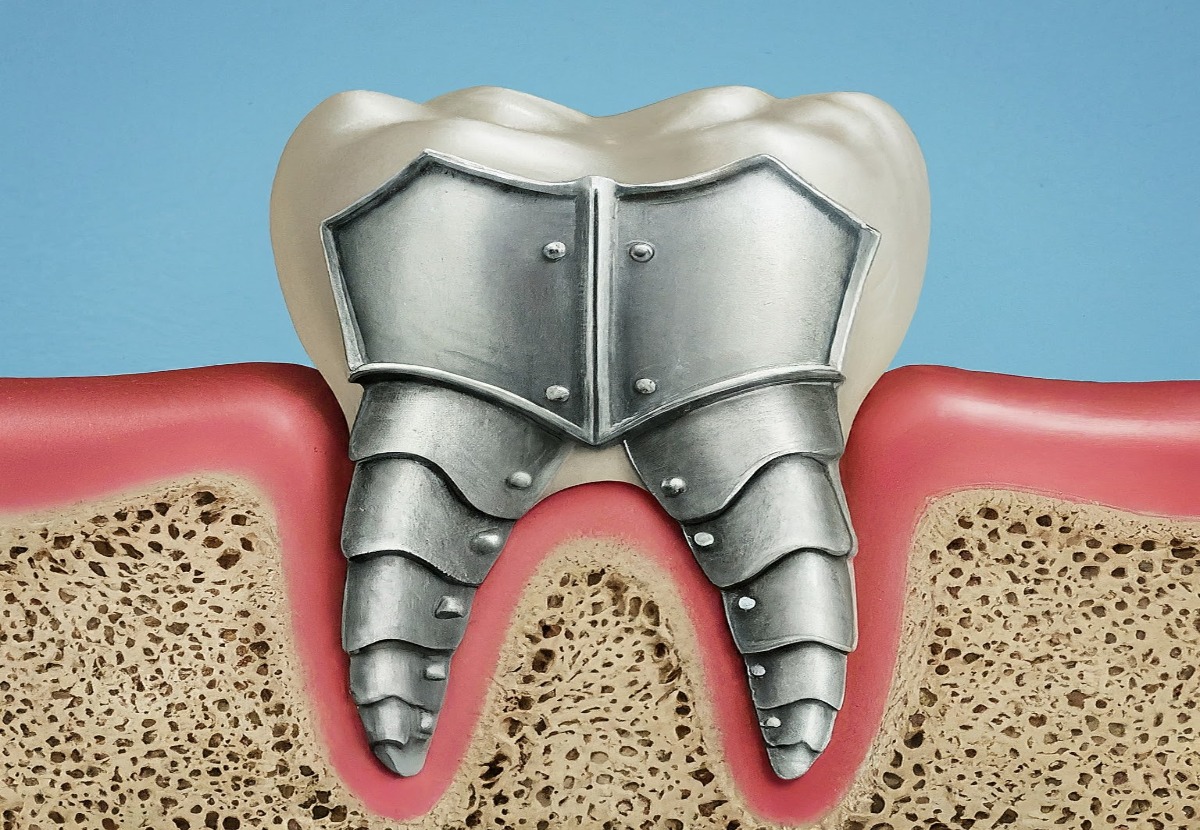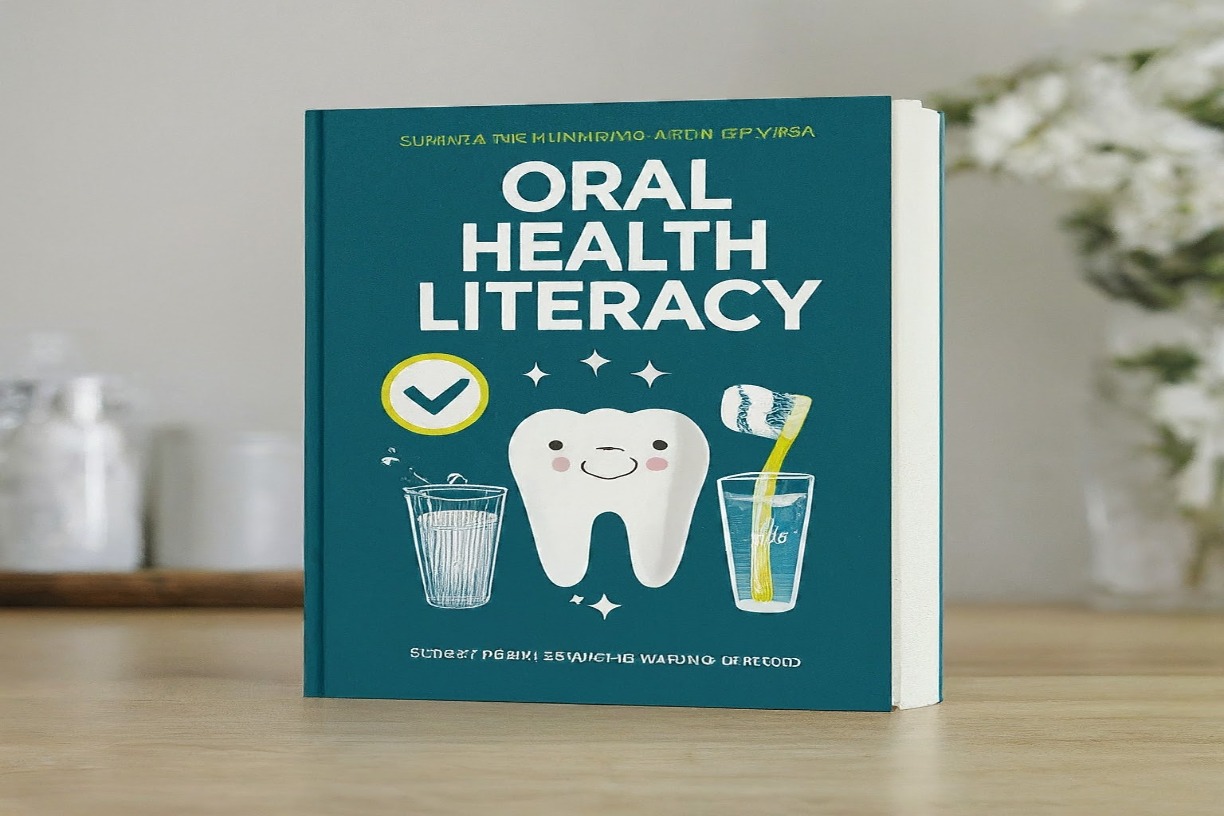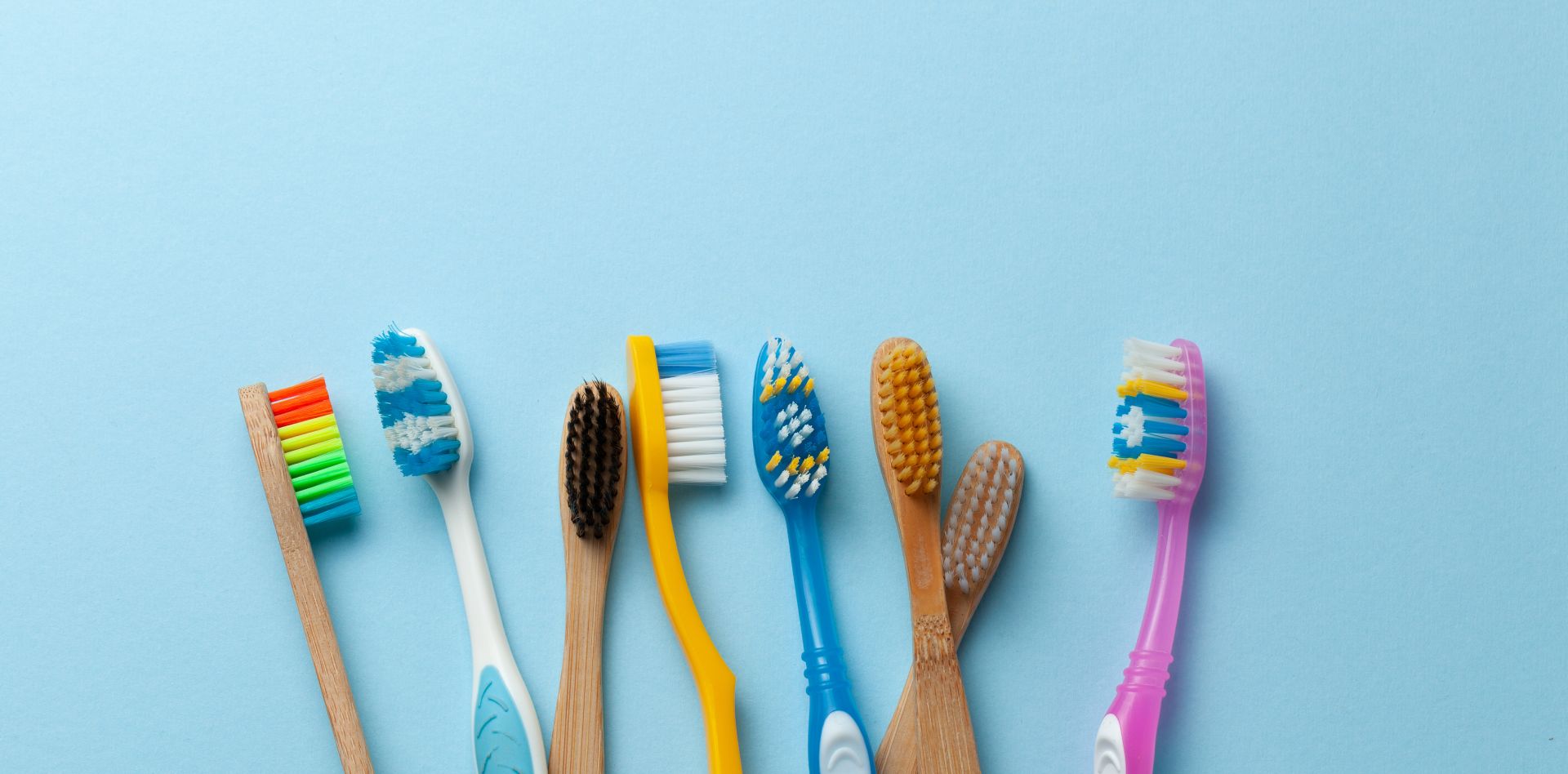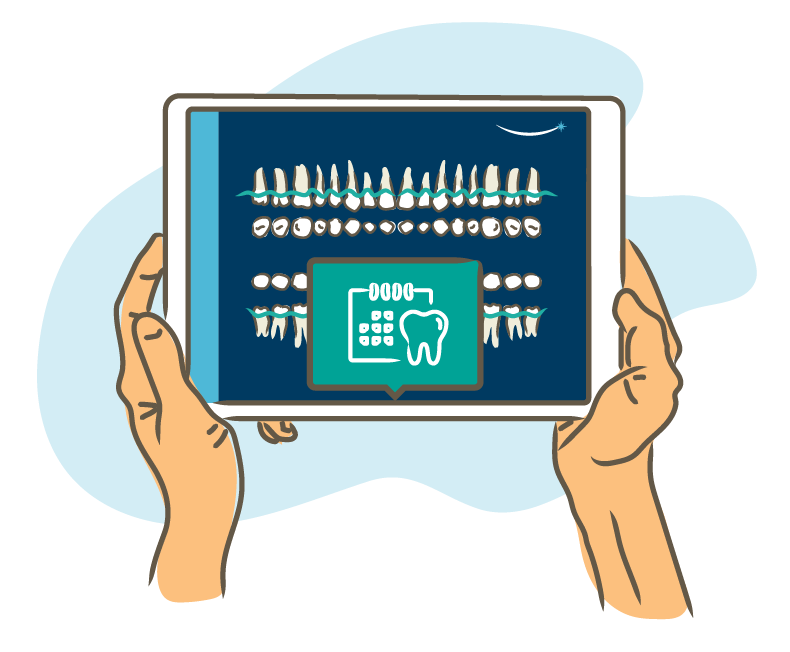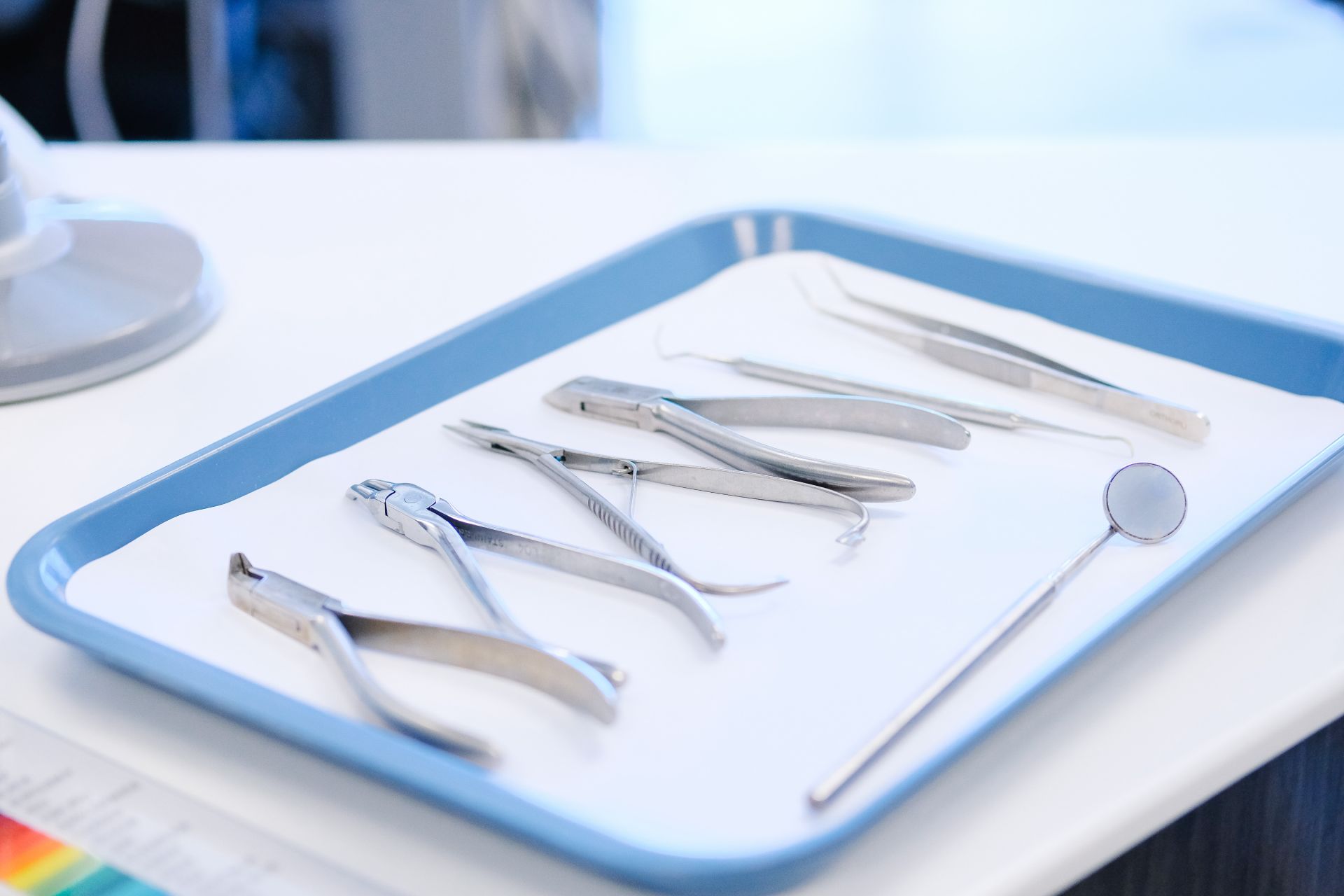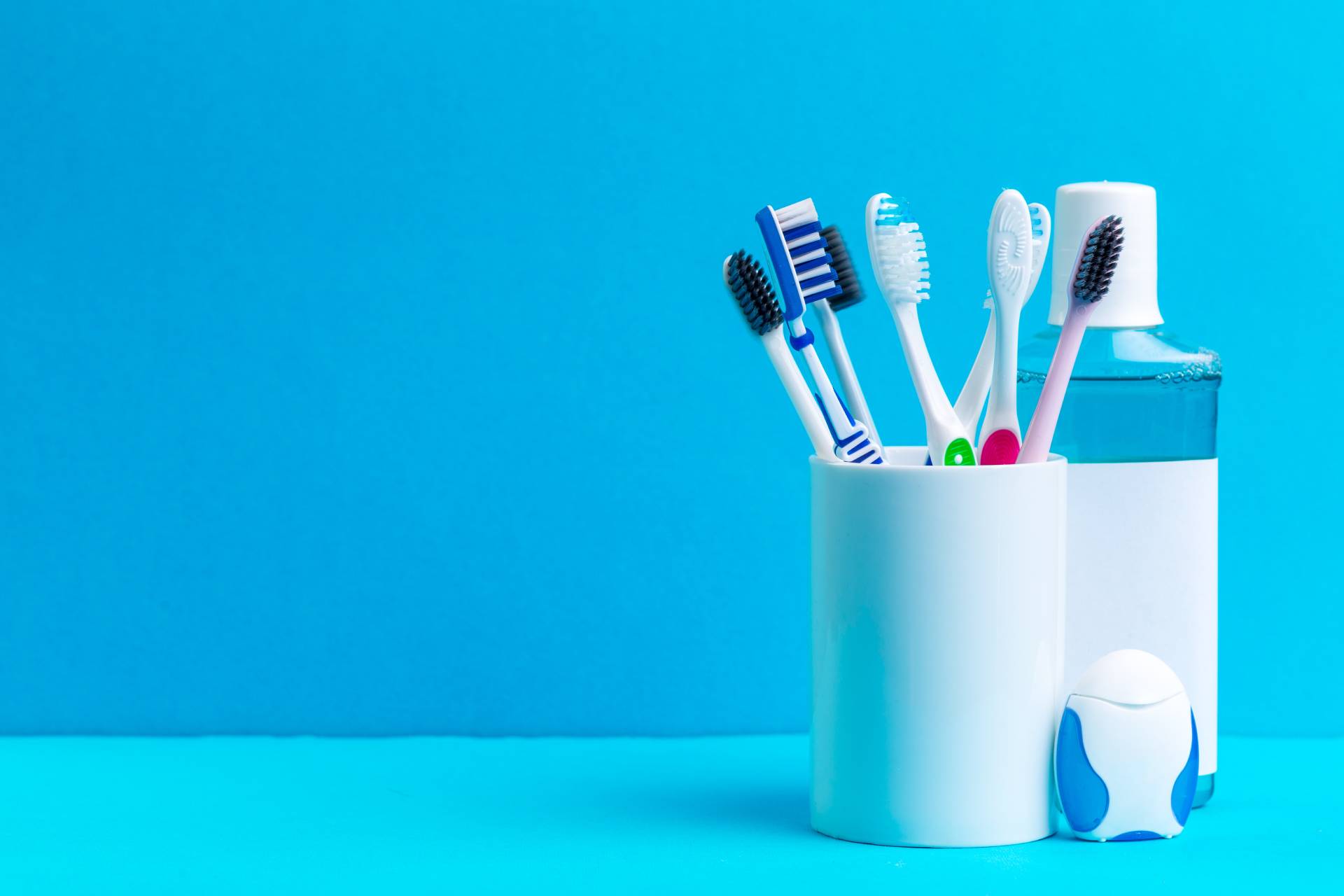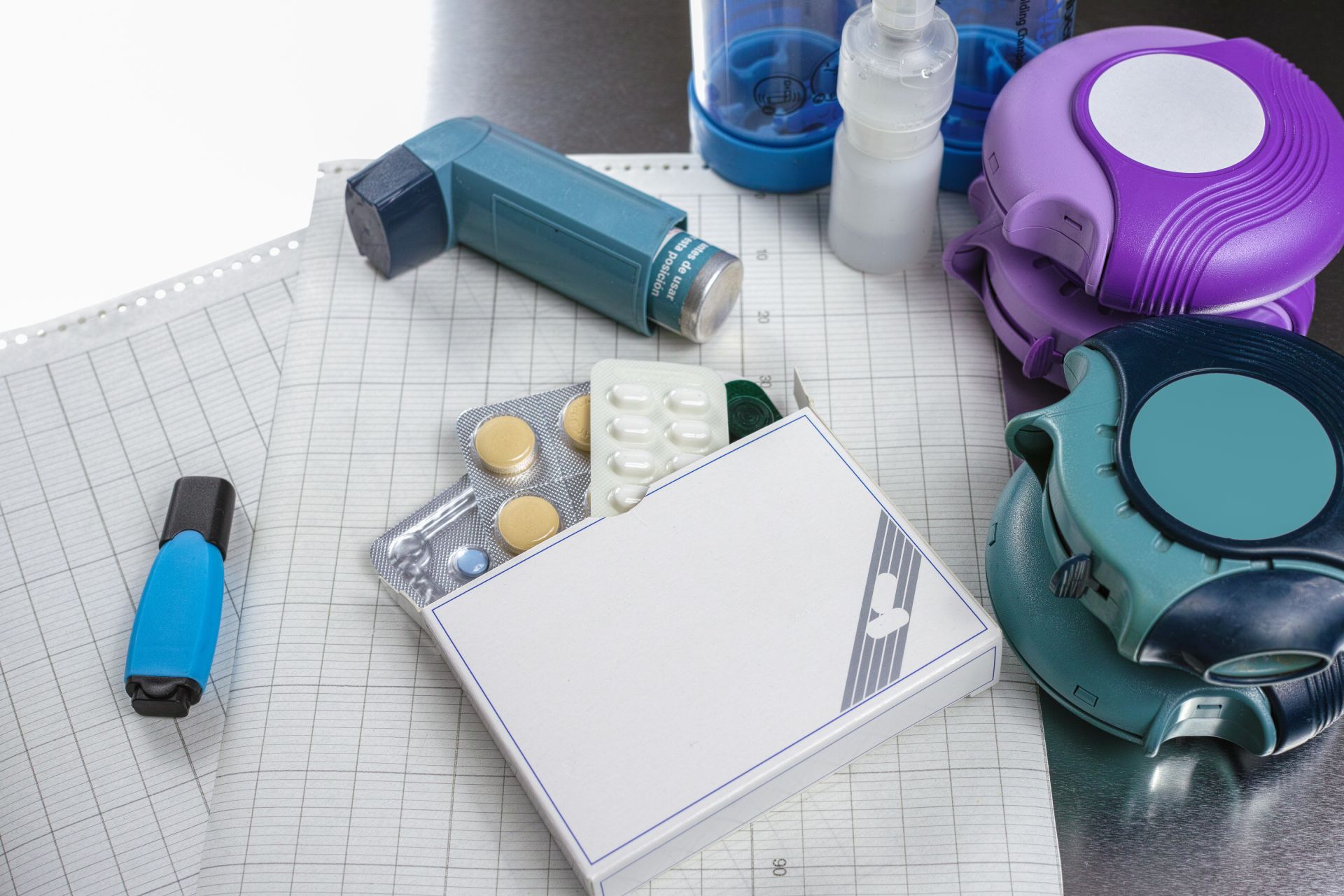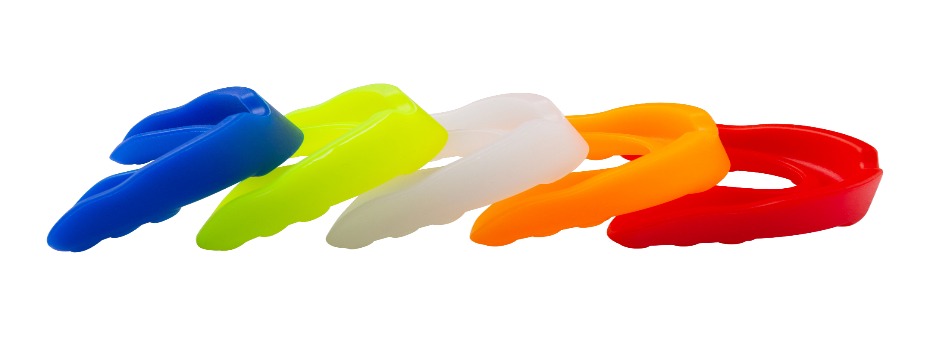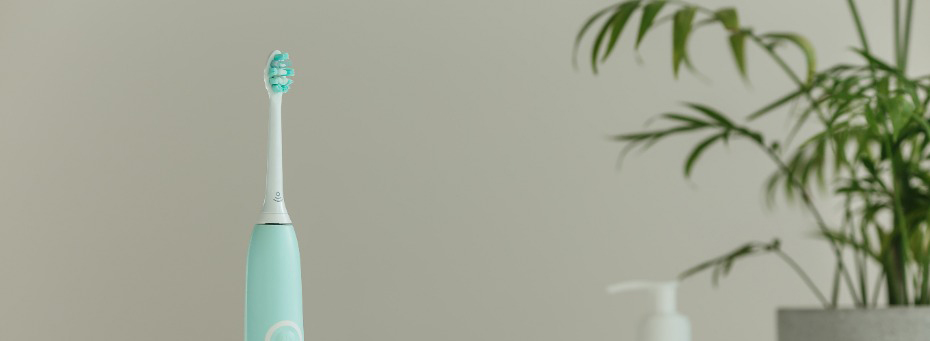Dental Health
Understanding and Strengthening Weak Tooth Enamel for a Confident Smile
Tooth enamel is the armor that helps protect our teeth. However, not all enamel is created equally. Strong, healthy teeth are the foundation of a confident smile. They not only contribute to a person’s overall appearance but also play a crucial role in speaking, chewing, and digestion. On the other hand, weak tooth enamel, the hard outer layer protecting our teeth, can compromise these functions and lead to various dental problems. We’ll explore the causes and consequences of weak enamel, while providing practical tips to strengthen and protect your smile.
Understanding Weak Tooth Enamel
Knvul Sheikh is a New York Times reporter who covers chronic and infectious diseases and other aspects of personal health. In her recent article “How to Keep Your Teeth Strong,” Sheikh discusses how genetic disorders such as amelogenesis imperfecta, environmental factors, and diet contribute to attenuating the first line of defense for teeth – the enamel. Using her examination of these conditions as a basis, let’s focus on understanding the causes of weak enamel and the steps we can take to strengthen it.
Tooth enamel is the hardest substance in the human body, composed primarily of minerals like calcium and phosphate. It acts as a shield, protecting the softer inner layers of the tooth from damage caused by physical impact, bacteria, and acidic substances. However, various factors can weaken this protective layer, making teeth more susceptible to erosion, decay, and sensitivity.
Causes of Weak Tooth Enamel
- Genetics: Some individuals are predisposed to having weaker enamel due to their genetic makeup.
- Diet: A diet high in sugary and acidic foods and beverages, such as soda, candy, and citrus fruits, can erode enamel over time.
- Dry mouth: Saliva plays a crucial role in neutralizing acids in the mouth and remineralizing tooth enamel. Conditions like dry mouth can reduce saliva production, leaving teeth vulnerable to demineralization.
- Medications: Certain medications, including some antacids and antidepressants, can contribute to dry mouth and potentially weaken enamel.
- Gastroesophageal reflux disease (GERD): Chronic acid reflux can erode tooth enamel due to the presence of stomach acid in the mouth.
- Brushing habits: Brushing too aggressively or using a hard-bristled toothbrush can wear down enamel over time.
- Exposure to certain chemicals: Chlorine in swimming pool water and some mouthwashes containing alcohol can contribute to enamel erosion.
Consequences of Weak Tooth Enamel
- Increased risk of cavities: Weakened enamel makes teeth more susceptible to tooth decay caused by bacteria.
- Tooth sensitivity: Exposed dentin, the layer beneath the enamel, can lead to sensitivity to hot, cold, or sweet foods and beverages.
- Tooth erosion: This can cause the teeth to appear shorter, chipped, or discolored.
- Difficulty chewing: In severe cases, weakened enamel can make chewing painful or difficult.
Strengthening and Protecting Your Teeth
While we can’t alter our genetics, we can change our habits. Several steps can be taken to strengthen and protect existing enamel to prevent further weakening.
Dietary Modifications
- Limit sugary and acidic foods and beverages: Reduce your intake of soda, candy, citrus fruits, and other acidic foods and drinks.
- Choose healthy alternatives: Opt for water instead of sugary drinks and snack on fruits and vegetables low in acidity.
- Consume calcium-rich foods: Include dairy products, leafy green vegetables, and nuts in your diet for essential calcium to strengthen teeth.
Oral Hygiene Practices
- Brush at least twice daily and floss: Use a soft-bristled toothbrush and gentle brushing technique to avoid damaging the enamel. Fluoride toothpaste can further strengthen enamel.
- Consider using a fluoride mouthwash: Fluoride helps remineralize weakened enamel and prevent cavities. Choose a mouthwash specifically formulated for sensitive teeth if you experience discomfort.
- Don’t brush immediately after eating: Wait at least 30 minutes after consuming acidic foods or beverages before brushing your teeth. Brushing too soon can further erode softened enamel.
Additional Tips
- Stay hydrated: Drinking plenty of water throughout the day helps stimulate saliva production and wash away food particles and bacteria.
- Chew sugar-free gum: Chewing sugar-free gum can increase saliva flow and help neutralize acids in the mouth.
- Visit your dentist regularly: Schedule regular dental checkups and cleanings for professional cleaning and early detection of any dental problems.
- Discuss your concerns with your dentist: If you suspect you have weak enamel, consult your dentist for personalized advice and treatment options.
Strong Enamel, Strong Smile
A healthy smile starts with strong, healthy teeth. By understanding the causes and consequences of weak tooth enamel and maintaining healthy habits, you can take control of your oral health and maintain a confident smile for years to come. Of course, the best first step is meeting with your dentist. If you’re an existing patient, why not schedule a checkup today? If you’re interested in becoming a patient, book your first consultation with our team.
Let's brighten
that smile
The when and where are up to you.
